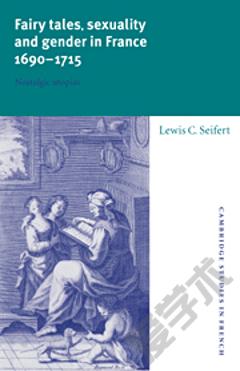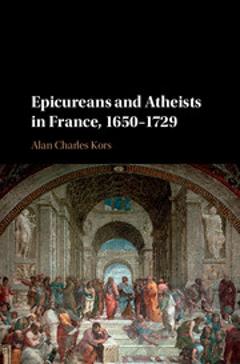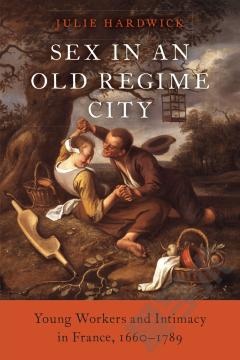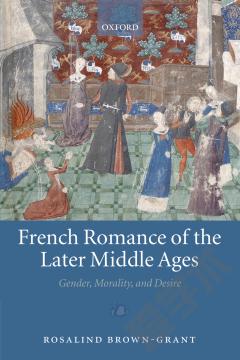Fairy Tales, Sexuality, and Gender in France, 1690–1715: Nostalgic Utopias
Between 1690 and 1715, well over one hundred literary fairy tales appeared in France, two-thirds of them written by women. This 1996 book explores why fashionable adults were attracted to this new literary genre and, integrating socio-historical, structuralist, and post-structuralist approaches, considers how it became a medium for reconceiving literary and historical discourses of sexuality and gender. The first part of the book considers how the marvellous is used to legitimize the genre, to exemplify theories of 'modern' culture, and to reaffirm women's potential as writers. The second part examines how specific groups of tales both reiterate and unsettle late seventeenth-century discourses of love, masculinity and femininity through conventions such as the romantic quest, the marriage closure, chivalric heroes and good and evil fairies.
{{comment.content}}








 京公网安备 11010802027623号
京公网安备 11010802027623号